Technoshamanism encounter in Aarhus, day 1
As previously announced, on November 22.-23. we held an encounter or mini-festival on technoshamanism in Open Space Aarhus. Keywords were permaculture, sustainablity, free software and free technology, ancestral knowledge and the challenges of the anthropocene.
The encounter was structured as an (informal) meeting rather than a conference, and the program was very diverse thanks to the attendants and the proposals they sent us.
After an initial presentation, I spoke about the state of Danish nature. I pointed out that even though many important initiatives to restore and preserve areas of natural beauty are underway (not least documented through the painstaking work of my friend Rune Engelbreth Larsen), our country's biological diversity is still being systematically destroyed, not least due to the practices of industrial agriculture.
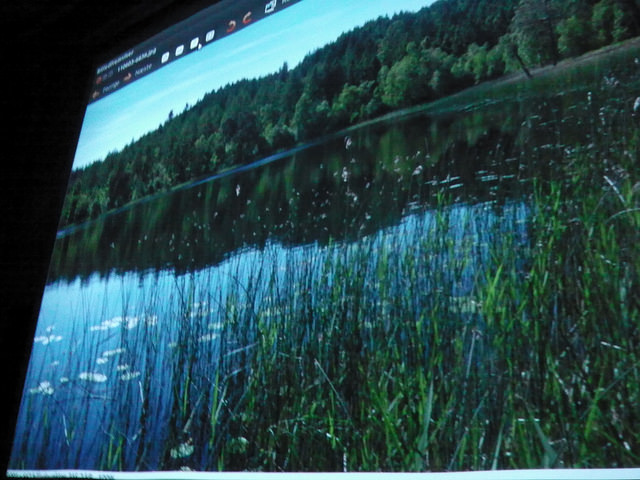
I proposed permaculture as a viable and well-documented alternative which would enable us to produce food while preserving nature rather than destroying it - and which can enable us as individuals to protect our freedom and economic independence by growing our own food with minimal effort. My exposition was supplemented by a vivid discussion and many illuminating facts supplied by the audience.
After that, Fabiane Borges told us about her own perception of technoshamanism and the anthropocene: The destruction of the earth as exemplified by intensive mining and how it interacts with the Yanomami Indians' vision of the end of the world.
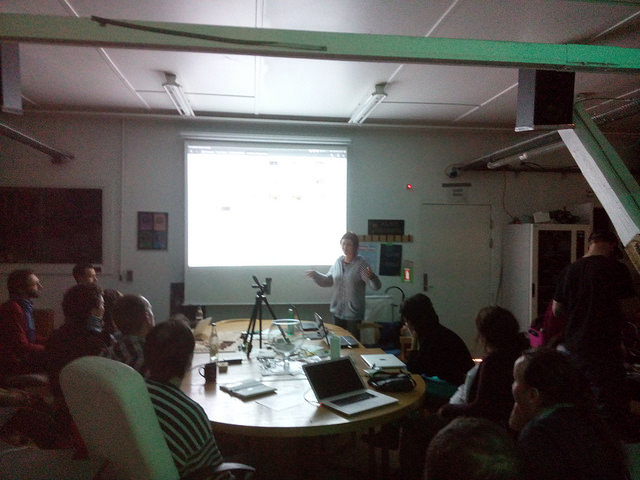
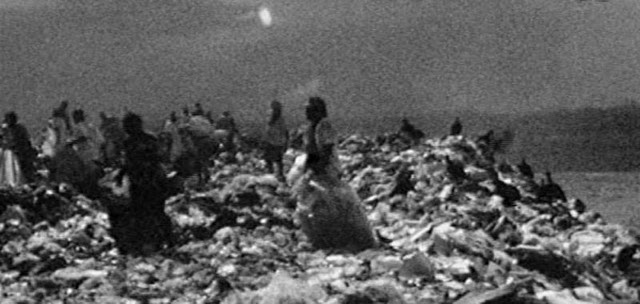
After that, Esben Hardenberg talked about afrofuturism, the quest of a people (African-Americans) whose history had been stolen and destroyed to create a new history and mythology for themselves, e.g. by using narratives about space and time travel. While permaculture and free technology could be considered to be a form of practical and technological resistance, afro-futurism can be seen as an epistemological resistance - reframing and reinventing an identity to salvage it from the dominant (in the US: white or WASP) narrative. As always, Esben's exposition was supplemented by a vivid and interesting discussion.
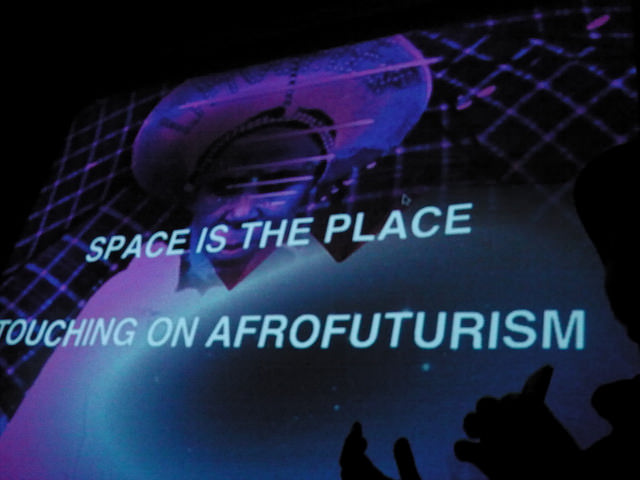
After the break, Ramona August performed a maori-inspired fire dance - which for obvious reasons had to take place outside.
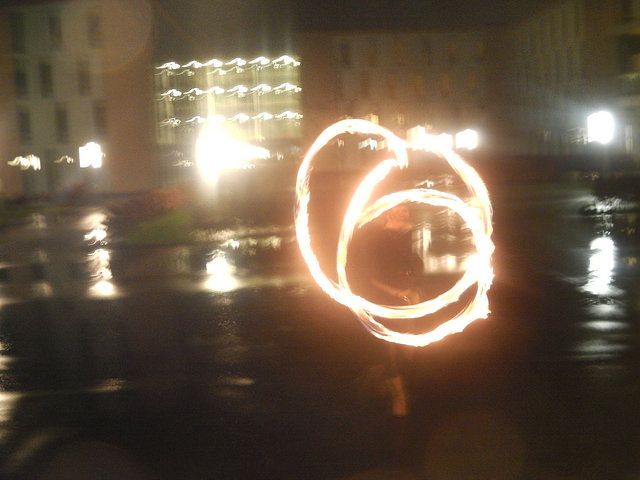
We were honoured by the presence of Dr. Birger Schroll, a former ship's doctor who has worked with the homeless of Denmark and Norway for many years. Schroll has developed his own system for helping homeless people in Nordic countries manage their lives. His ideal is to help them organize independently and without leaders by defining a number of roles that must be fulfilled to make a society work; a system which I will not describe here, but which he himself has named Universitas Convivencia. In Aarhus, Schroll was instrumental in the creation of Hjemløseteltet (the Homeless Tent, a tent-shaped occupation of property near the railroad by a group of homeless) and "Håbets Allé", a municipal project intended to alleviate the issues raised by Hjemløseteltet.
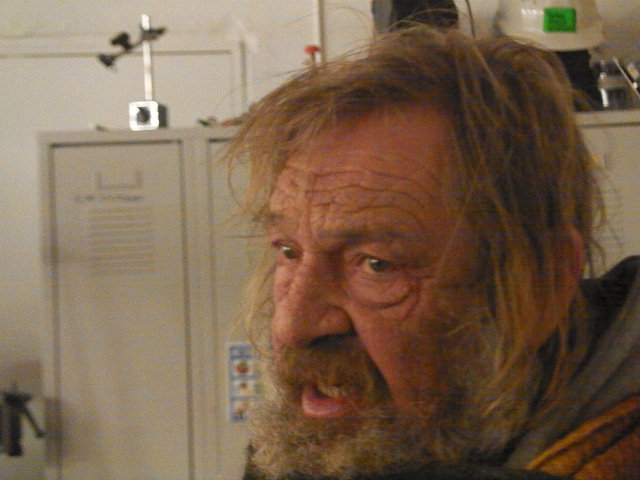
Finally, the Brazilian composer and performance artist Marcela Lucatelli performed a healing music ritual, a "ritual of tuning the chakras with voice intoning and open source real time audio synthesis". I think I speak for many of the participants if I describe it as a unique and harmonic experience - you can hear it for yourself in the sound recording of the day's activities, linked below.
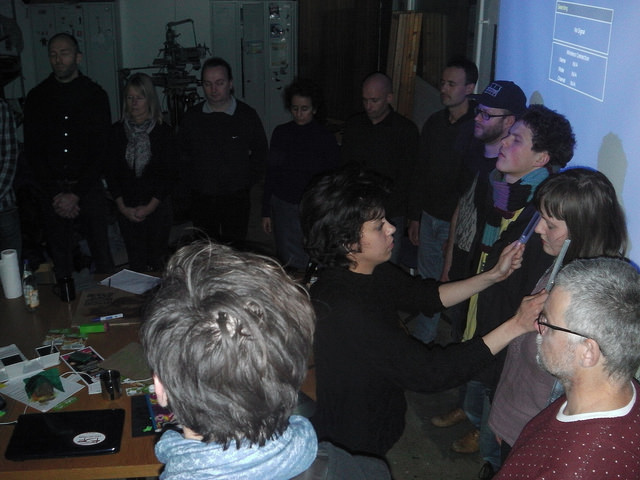
Documentation:
